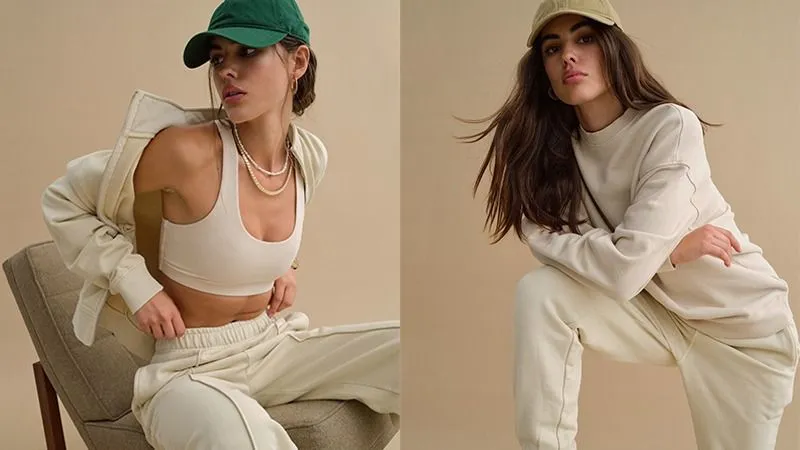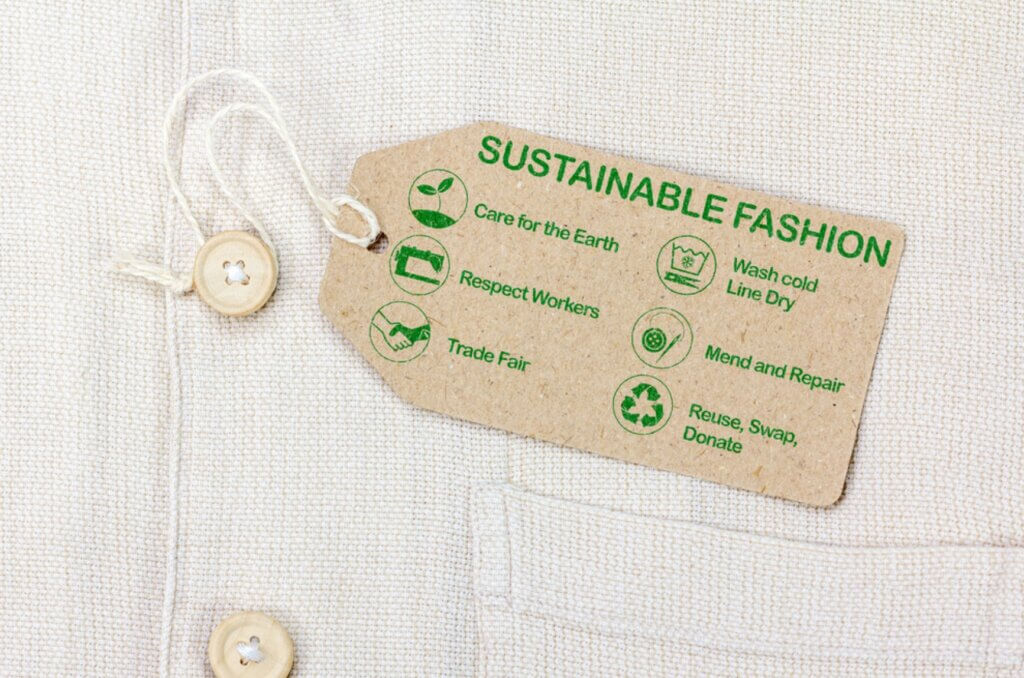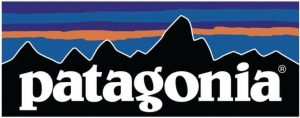9 Best Sustainable Fashion Brands to Shop in 2026

Fashion brands are becoming more eco-conscious and socially responsible by sourcing and using organic and innovative materials for their products. Textile brands generate a huge amount of waste every year, so in the past years the demand by consumers for sustainable and eco-friendly products has been rising.
Brands are investing in new materials, natural fibers over synthetic fibers, but this requires some major investment and years of planning to come up with effective solutions to reduce their environmental impact.
There can be several brands claiming to provide sustainable and eco-friendly textiles but the customers should also educate and update themselves not to be misled by false promises and greenwashing.
Some benchmarks can distinguish brands that are doing the work from those that merely put claims about green practices. These parameters help you make an informed choice about textile brands that genuinely contribute toward reducing their environmental impact.
3. Attributes of Eco-friendly Brands
1. Quality of Material
The fiber content that the brands use for their clothes influences a lot the quality of fabrics. Generally, simpler fiber content produces better results, so it is essential to use natural and organic materials that use less water and don’t include pesticides or plastic elements (like synthetics). Wool, peace silk, linen, okra, and bamboo are very good alternatives to materials like polyester and nylon.
2. Commitment to Organic Sourcing
It is important to follow the brand’s mission and vision of contributing to sustainability and the eco-friendly movement. Companies providing transparent information in the public domain are considered more reliable and accountable for following eco-friendly and sustainable methods of sourcing, processing, and delivery.
3. Certifications and Acknowledgments
There can be certifications that recognize material quality and manufacturing standards followed by the business. Acknowledgement from customers, suppliers, and other stakeholders also forms a strong base for reliability and accountability. Social media reviews and feedback can be a great source of information and the brand’s response to queries also can guide you in making a judgment about the brand.

Related: 4 Reasons to Choose Plastic Free, All Natural Fibers Over Synthetic Fibers
9 Best Sustainable Fashion Brands to Support in 2026
The drive toward sustainability is time-consuming and challenging and brands follow measures in their ways to achieve effective results. It is difficult to accept and reject brands based on specific parameters.
The basic objective of the fashion industry is to disengage itself from wasteful practices and consumers also reassess their preferences and consumption pattern to support the new initiatives.
Here, we are giving details of the best sustainable fashion brands that are making their presence felt in 2026 for manufacturing sustainable and environment-friendly textiles.
This post contains affiliate links, which means we may receive a small commission, at no cost to you, if you make a purchase through a link. This helps us continue the hard work we put into researching products and solutions.
1. Pact
Pact uses almost exclusively GOTS-certified organic cotton, which saves hundreds of millions of gallons of water. They partner with Fair Trade Certified factories, and measure and offsets the carbon footprint of every product through a verified carbon-neutral program.
2. MATE
MATE the Label prioritizes sustainability by using GOTS‑certified organic cotton, non-toxic dyes, and ethical manufacturing practices, and is certified Climate Neutral and B Corp, reflecting its commitment to reducing environmental impact and promoting social responsibility.
Related: 11 Plastic-Free Underwear Brands You Can Compost
3. Mover Plastic Free Sportswear

Mover Plastic Free Sportswear is a Swiss-based company dedicated to creating high-performance apparel entirely free from synthetic materials, challenging the industry’s dependence on fossil fuels. By using only natural fibers like merino wool, cotton, and their proprietary Swisswool®, Mover ensures its garments are fully biodegradable and compostable, designed to return to nature as plant fertilizer at their end of life. This brand has been disrupting activewear industry.
Shop Mover – 15% off with code IMPLASTICFREE15
4. Patagonia

Patagonia was founded by a mountain climber and has been a pioneer in sustainable clothing. Do you remember the famous PR campign: “Don’t buy this jacket?” Yes, they are known for their environmental activism and for their “out of the box” thinking. They mainly use organic cotton and recycled materials, and also implemented circular programs like their Worn Wear program that you fix clothing that in need of repair.
Related: How to Waterproof Your Rain Jacket Without Harmful PFAS
5. Levi’s

Levi’s is a classic, renowned brand in denim production and works toward using completely sustainably sourced cotton for its types of denim. They have has committed to 100% renewable electricity in its company-operated facilities by 2025, alongside a science-based target to reduce absolute greenhouse gas emissions by 90% in these operations and by 42% in its supply chain.
Related: Sustainable Shopping: Does It Exist?
6. Pangania

Pangaia is one of the best sustainable fashion brands on the market. It uses innovative ways of using natural materials to produce eco-friendly and sustainable garments. It uses elements from dried flowers, eucalyptus pulp, etc. to produce apparels that are environment-friendly.
Related: 8 Non-Toxic Leggings for a Microplastic Free Workout
7. Veja

This French brand has a leading position in the footwear category and supplies products to different parts of the world. It is certified for meeting social responsibility and environmental standards through its manufacturing process. The raw materials used for its products are organically sourced and less harmful to the environment.
8. Outerknown

This California-based lifestyle company is committed to sustainability and has a vision of eliminating all waste and ensuring resources are recycled or reused by 2030.
Outerknown aims to create sweatshirts, jumpsuits, outerwear, etc. in an eco-friendly way that helps eliminate waste and pollution and also encourages customers to go for zero-waste brands.
Related: The Very Good Bra: 100% Organic Cotton Padded Bra Review
9. Cariuma

It is a brand engaged in making eco-conscious footwear that is manufactured with ethical standards and green practices. The raw materials are natural like raw natural rubber and certified organic cotton.
Related: JulieMay Rosie Silk & Organic Cotton Lace Lingerie Set Review
Conclusion
In today’s scenario, some changes in our lifestyle choices and preferences can produce a great impact on the environment.
The more we go for eco-friendly and zero-waste products in our daily lives; the more we contribute toward generating a clean, green, and sustainable environment around us.
Fashion brands are on a mission to offer you climate-friendly apparel and you should also be part of that mission by including those products in your daily and occasional use.
Do you have any questions or comments? Let us know in the comments section below.
—
Browse the I’m Plastic Free directory to discover non-toxic plastic alternatives.






